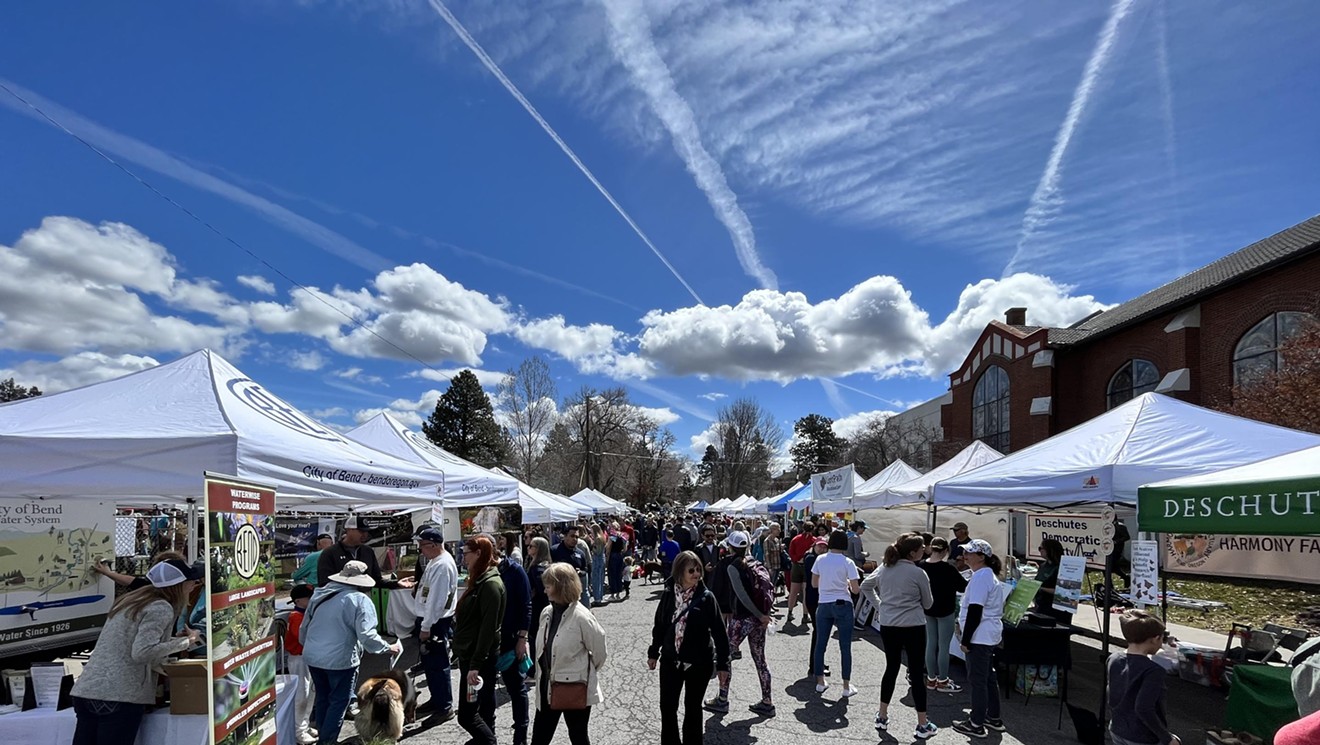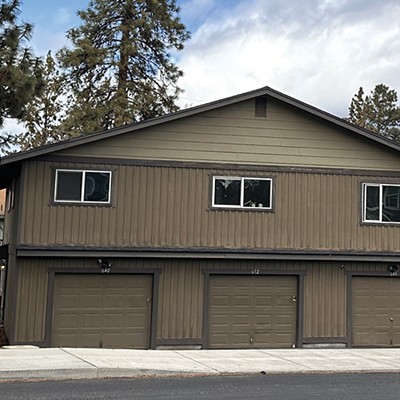According to the law of gravity, what goes up must come down. According to the law of sewage, what goes down will keep going down unless something stops it.
That, in the most elementary form, is what the controversy over southern Deschutes County septic systems is all about.
There are something like 6,400 homes in the LaPine/Sunriver area that are not hooked into any sewer system. Those homes rely on septic systems - basically tanks in the ground that hold the noxious gunk until it can be pumped out. Some of those tanks - nobody is sure how many - leak.
Because the water table in South County is so shallow - as little as eight feet under the surface in some places - leaky septic tanks have the potential to let some really nasty stuff get into the groundwater. That nasty stuff includes nitrates, chemicals made when bacteria interact with organic waste to combine nitrogen with oxygen.
High levels of nitrates in drinking water cause serious health problems, especially for infants. Nitrates make rivers sick too: They nourish an excessive growth of algae, which starves the water of oxygen, which in turn can wipe out insects, fish and other aquatic life.
The risk isn't just theoretical. Scientists have been studying the situation in South County for years, and have found elevated levels of nitrates in well water there. A year ago the Oregon Department of Environmental Quality sent the county a letter warning of a public health hazard if something isn't done.
And the risk isn't just to South County residents. Nitrates that seep into the groundwater there eventually would find their way into the Little Deschutes and Deschutes Rivers, as well as the rest of the area's underground aquifer.
The county commissioners responded to the DEQ's warning by writing something called the "local rule." It requires South County residents who have septic systems to upgrade to nitrate-reducing waste treatment systems or take other steps to prevent nitrate pollution, such as installing composting toilets. The deadline for this to happen is 2022.
South County residents don't like that idea at all, and they responded by forcing a March 10 special election to try to repeal the local rule. A "yes" vote on the ballot measure means the rule will go into effect; a "no" vote will block it.
Fixing the nitrate problem will cost the people of South County money. That's unfortunate, but unavoidable. The county is sympathetic to their problem and has offered financial assistance. It also has given them 14 years to comply, a timeline that seems more than ample.
Opponents of the local rule say the county is acting in haste - that officials need to take more time to study the problem. But the problem has been studied and the evidence is in: Nitrates are in the groundwater now. Waiting for the situation to get worse would have been a dereliction of duty by the county commissioners.
And repealing the local rule would be a dereliction of duty by Deschutes County voters. Voting "yes" on this measure is the only rational and responsible thing to do.




















